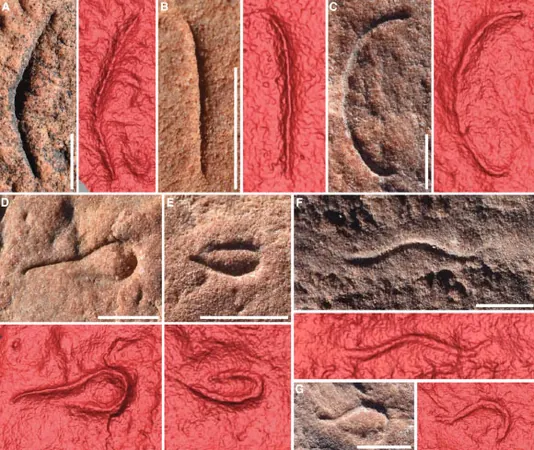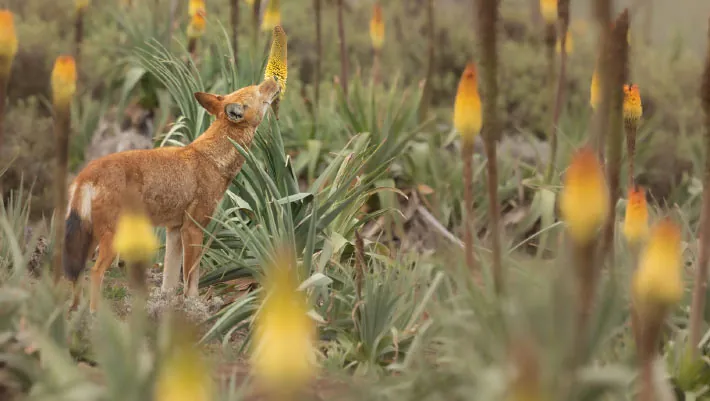
Groundbreaking Discovery: Ancient Nematode-Like Worm Fossils Found in Australia!
2024-11-20
Author: Siti
Groundbreaking Discovery: Ancient Nematode-Like Worm Fossils Found in Australia!
In a thrilling revelation for the field of paleontology, researchers have unearthed fossils of a previously unidentified nematode-like worm, named Uncus dzaugisi, dating back to the Ediacaran period (635-539 million years ago) in South Australia. This remarkable find offers profound insights into the origins of the Ecdysozoa, a major animal group believed to be much older than the Cambrian period. Until now, the history of these organisms remained shrouded in mystery despite decades of hypotheses concerning their existence.
The Ecdysozoa group is significant, as it includes over half of all animal species on Earth, characterized by a tough external cuticle that they periodically shed. This group is divided into three subcategories: nematodes (microscopic worms), arthropods (such as insects, spiders, and crustaceans), and scalidophora (small, scaly marine creatures). The recent discovery of Uncus dzaugisi fills a crucial gap in the fossil record and supports molecular data suggesting these organisms thrived long before the Cambrian Explosion—an event, approximately 540 million years ago, known for its sudden increase in diverse and complex life forms.
Graduate student Ian Hughes from Harvard University emphasized the relevance of this discovery. He highlighted how the fossils found at the Nilpena Ediacara National Park support existing theories that ancestors of ecdysozoans must have existed during the late Ediacaran period. "DNA analyses have strongly suggested that these organisms were present, and finding Uncus dzaugisi is evidence of what we had long hypothesized," he stated.
The fossil assemblage, which consists of 82 specimens, was discovered in a sediment layer notable for its fine grain size, allowing the detailed preservation of the fossil structures. Dr. Scott Evans from Florida State University noted the exceptional fossil site at Nilpena, describing it as possibly the best location for understanding early animal evolution, given its wealth of diverse fossils.
This exciting find not only advances our understanding of the ecdysozoans' ancestry but also sheds light on how these early organisms may have lived and adapted in their marine environments. As researchers continue to explore the implications of these findings, it is evident that the discovery of Uncus dzaugisi is an important milestone in reconstructing the history of animal evolution.
Make sure to stay tuned for more updates on this groundbreaking discovery, as it could reshuffle our understanding of life's early complexity!



 Brasil (PT)
Brasil (PT)
 Canada (EN)
Canada (EN)
 Chile (ES)
Chile (ES)
 España (ES)
España (ES)
 France (FR)
France (FR)
 Hong Kong (EN)
Hong Kong (EN)
 Italia (IT)
Italia (IT)
 日本 (JA)
日本 (JA)
 Magyarország (HU)
Magyarország (HU)
 Norge (NO)
Norge (NO)
 Polska (PL)
Polska (PL)
 Schweiz (DE)
Schweiz (DE)
 Singapore (EN)
Singapore (EN)
 Sverige (SV)
Sverige (SV)
 Suomi (FI)
Suomi (FI)
 Türkiye (TR)
Türkiye (TR)